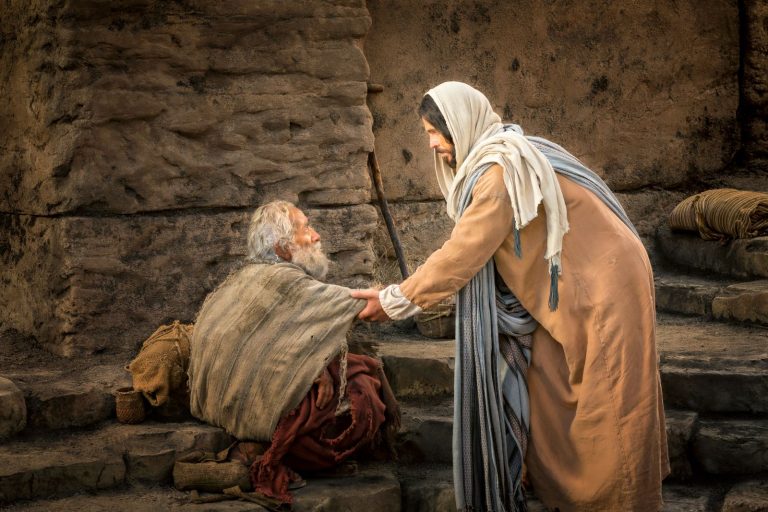Some people and groups accumulate money to make money. That is most frequently done by putting other people out of work. When, for instance, someone saw that in the late 1800s, there was a baker on every block in every town in America, an obvious conclusion was drawn: “We need a ‘National’ biscuit company. We will build a huge bakery in every major city to bake crackers and other popular items in giant, automated ovens, we’ll sell them to grocery stores at low prices, and we’ll put lots of little, inefficient bakers out of business.”
When it was pointed out to them that their efforts would destroy tens of thousands of small bakery businesses, shoulders were shrugged. “This is what free enterprise is all about.” was the inevitable reply, and much was said in praise of “free markets”.
At the end of the day, people could buy baked goods more cheaply from The National Biscuit Company than they’d ever been able to buy them from a local bakery.
As predicted, lots of people were put out of work. The huge National Biscuit Company factories, many of them multi-story buildings that took up entire blocks, cranked out more crackers, with fewer people, than ever. Those who’d owned their own bakeries lost them and their livelihoods as waves of bakery closings followed each National Biscuit Company cracker factory.
That story is duplicated with virtually every product that people use. The process has been going on since Babylon. What too few of us do is look at our own employment in terms of where our jobs are in the cracker-making time line. Are we employed by a “local bakery” or by a company with a brighter future? If the former, can we turn our “local bakery” into a national, or international company?








